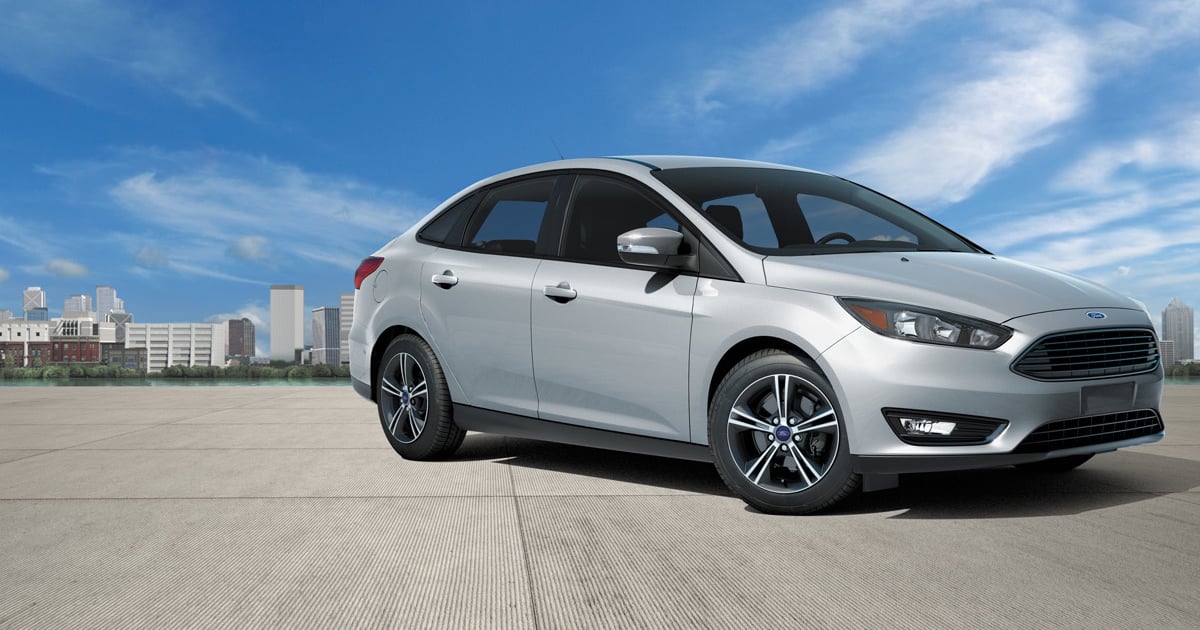
WASHINGTON — U.S. auto safety regulators are investigating Ford Motor Co.‘s prior recall of nearly 1.3 million Ford Focus sedans after new reports of power loss.
NHTSA’s Office of Defects Investigation said it received 98 consumer complaints alleging failure of the canister purge valve in 2012-18 Focus cars that were either previously recalled and fixed or were not recalled but experienced the same issue.
In October 2018, Ford recalled more than 1.2 million 2012-18 Focus vehicles with either 2.0-liter gasoline direct injection engines that were built prior to April 13, 2017, or with 2.0-liter gasoline turbocharged direct injection engines built prior to Feb. 2, 2018.
The recall addressed a malfunctioning canister purge valve and powertrain control module software, which was not adequately detecting the problem.
“A malfunctioning CPV can disrupt the engine’s fuel-to-air ratio leading to loss of motive power. It can also cause a malfunction indicator light (MIL), erratic fuel gauge readings and excessive vacuum in the fuel vapor management system potentially deforming the fuel tank,” according to a NHTSA document detailing the investigation.
To fix the issue, dealers reprogrammed the powertrain control module and replaced the canister purge valve as needed.
Ford then issued another recall in July 2019 covering about 57,000 2012-14 and 2017 Focus sedans that were included in the 2018 recall but did not have the powertrain control module updated as intended.
The agency said it has opened the investigation — known as a “recall query” — to assess the scope and fix of Ford’s 2018 recall.
In a statement to Automotive News, Ford spokesperson Maria Buczkowski said the automaker is “working with NHTSA to support their investigation.”
The latest Ford probe comes after NHTSA in August said it was investigating the automaker’s handling of a June 2022 recall of nearly 50,000 Ford Mustang Mach-Es after new reports of power loss.
So far this year, Ford has issued 44 recalls — the most of any automaker — affecting more than 4.6 million vehicles, according to NHTSA data.

